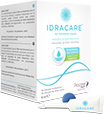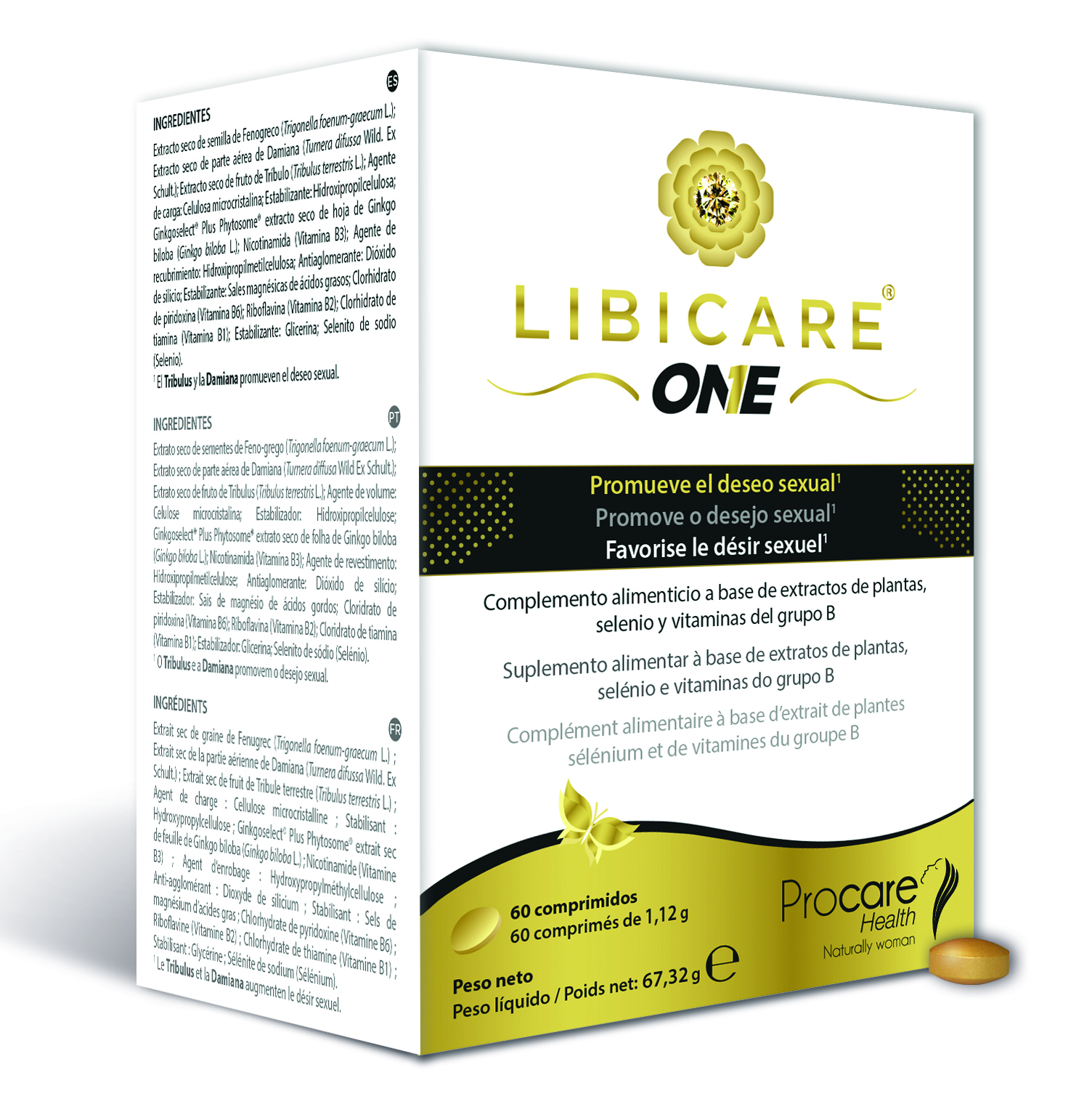MENOPAUSE
This information is for you, the mature
woman you see in the mirror.
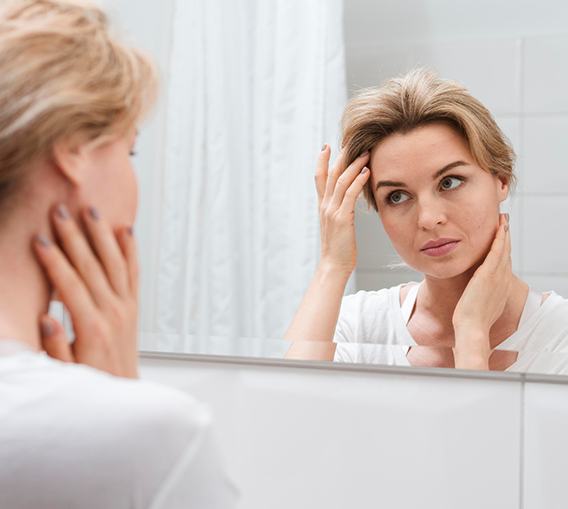
Are you a mature woman that wants to feel good, live fully and know yourself?
Let’s talk about that.
Start by asking yourself what you need.
Do you need to control your hot flashes?
Do you need to prevent insomnia?
Do you need to not feel pain during your sexual relations?
Do you need to increase your desire to be with your partner?
Do you need more time for yourself?
Do you need to be better understood by others?
You have just been told you are in menopause and the world has fallen apart, you don’t feel well, you get angrier than usual, you don’t feel understood by your family and you find yourself more and more invisible. But all that, is not you, they’re just reactions to this evolutionary crisis you just entered. This is one of the most important life stages and is called climacteric.
Let’s start by clarifying some terminology. What do we mean by menopause? The scientific meaning of menopause refers to just the end of your menstruation, that is one day, the very last day of your menstrual cycles and therefore the end of your reproductive capacity.
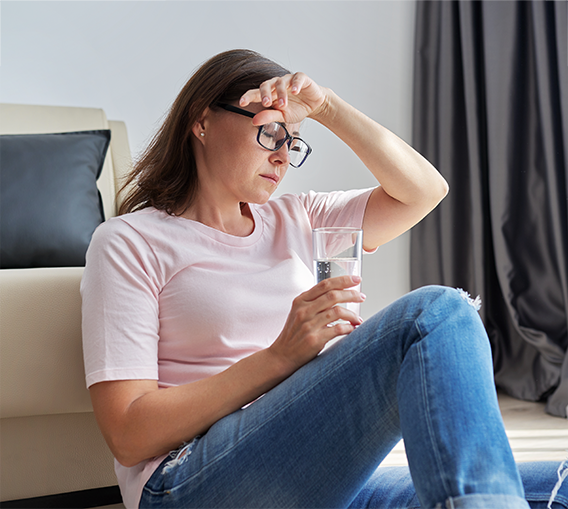
Menopause must not be confused with climacteric
Climacteric is a long period that usually happens when the ovarian function starts to decline. It comes with some hormonal imbalance showing some visible signs such as menstrual alterations, hot flashes, sore muscles, sleep disorders, depressive syndrome, etc.
It is important to point out that this changing stage is connected to an evolutionary crisis where, apart from all the known hormonal changes, psychological and related changes are of great significance.
What does evolutionary crisis mean?
This evolutionary crisis is a life process that usually happens at the same time as climacteric, and roughly matches the years when half of life occurs. Most women in this stage take conscious or unconscious stock of their lives and the point where they are. Women at this stage are usually more aware of what they want and do not want, they need time to reflect, they go inward and somehow resolve what they want for their future.
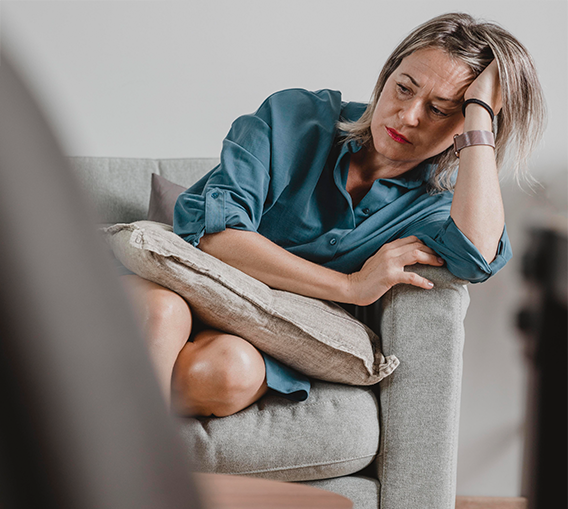
This is perhaps the more mature and fulfilled period for women. But it can also come with physical symptoms decreasing quality of life: hot flashes, insomnia, irritability, vaginal dryness… Often, women blame themselves: “I’m unbearable”, “I don’t know what’s wrong with me”… They don’t feel well, they feel like they are not understood or supported, and placing the entire burden on themselves, they often do not find solutions for their symptoms.
EIt is undisputed that this period may mean very significant changes in a woman’s life, usually related to their children and partner’s attitudes, especially when the woman and their surroundings don’t understand what is happening.
Mood changes, defiance and increased assertiveness show up. Defiance makes the woman more assertive, not being afraid to saywhat she wants, and thinking more for herself, something that had often been reserved for the others.
Nevertheless, the fact that a woman questions her own life and knows what she wants does not mean they must make radical changes. Sometimes, just being aware of it, helps to manage life better.
When talking about this process with women, they usually say “I wish my partner were here to hear that”. This speaks volumes about their need for information and communication, their need to be listened to.
Partners need to have more information about this stage and not just hope for this to pass, pointing out she is menopausal, and this is par for the course. Such comments demonstrate a complete misunderstanding of the process and damage a couple’s both communication and relationship.


There are also changes in sexual relations
Some women report lower sexual desire. This might be transient and a result of physical discomfort, but also due to sexual monotony, emotional distance or sexual or health issues within the couple.
However, not all women in climacteric will experience low sexual desire. In fact, some of them may have a high sexual drive. This can happen with their usual sexual partner, a new partner, or even with sex toys.
There is not just one but many types of sexuality during climacteric
Women experience this stage in very different ways because all psychological and sociocultural factors, health, couple’s relationship, information or background have an impact on this experience. Having a positive attitude in adapting to changes and taking responsible decisions is key to promote health and wellbeing.

There are very effective treatments for the symptoms causing discomfort and reduced life quality.
It is important to reach for these treatments in order to feel both physically and mentally good, as well as to consult on your sexual relationships, since most women regard sex and their sexual function as important and are worried about a decrease in their sexual activity or desire.
The partner’s role is vital for a good communication and the search for information and solutions.
What can be done to feel physically and
psychologically better?
Which is the best treatment?
There is no ideal treatment. The best treatment is the one meeting each woman’s expectations, the best tolerated one, which provides safety and ease of administration, and one that is beneficial for her health.
.

What are the alternatives?
There is a very wide variety
The most important thing is to take care of oneself. Taking time for oneself and spending it doing and enjoying things for pleasure, exercising and eating healthy is vital to feel well.
Nevertheless, we can also reach for natural products based on phytotherapy, hormonal treatments and other type of products depending on each woman’s specific needs.
Last but not least, you are entitled to be listened to and get information not only on treatments for symptoms, but also on the psychological and related changes.

Dra Francisca Molero Rodríguez
Dr. Francisca Molero Rodríguez has a degree in Medicine and Surgery, a Master’s degree in Sexology and Integrative Psychotherapy and a Master’s degree in Women’s Biopathology and Preventive Gynaecology. She is the Director of the Iberoamerican Institute of Sexology, coordinator of the Sexology Institute of Barcelona, President of the Spanish Federation of Sexology Societies and member of the International Academy for Medical Sexology. She is Vice-President of Medical Sexology in the Official Medical Association in Barcelona and an associate Professor at University of Barcelona.




